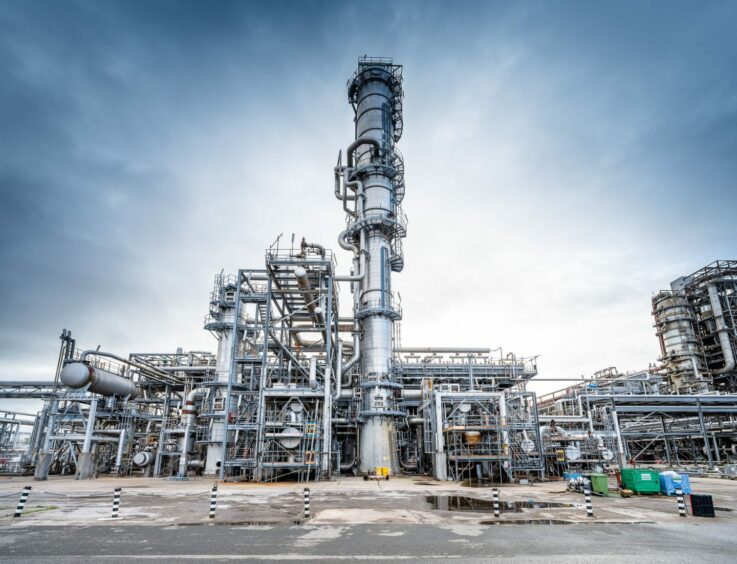
In a milestone for the nascent UK hydrogen industry, EET Fuels (formerly Essar Oil UK) has confirmed that it will be the first commercial supplier of hydrogen-generated, low-carbon power to the UK grid from its Stanlow Manufacturing Complex at Ellesmere Port, Cheshire.
In an interview with Energy Voice, EET Fuels head of low carbon transition, Marcos Matijasevich, said the company’s hydrogen-ready combined heat and power (CHP) plant would make it the country’s “first producer of low-carbon power using hydrogen as the source of fuel, feeding part of the electricity generated into the national power grid”.
EET is transforming its Stanlow Manufacturing Complex into one of Europe’s largest energy transition hubs with the EET Hydrogen project due to take FID later this year.
The combination of hydrogen production, refinery decarbonisation through fuel switching and industrial carbon capture – along with the supply of low carbon fuels at Stanlow – will facilitate the process. For EET to achieve its low-carbon ambitions, which includes its blue hydrogen plans, carbon capture and storage (CCS) must be in place.
“We are reaching FID and ordering equipment for the CHP project later this year. The plant is being designed with first-of-a-kind hydrogen-ready turbines – no one in Europe has this type of equipment operating at commercial scale today, so we will be the first in Europe and globally,” said Matijasevich.
“This project is a key part of our decarbonisation plan and an investment we have to make to guarantee the offtake of hydrogen from our future blue hydrogen plant while enabling EET to contribute to decarbonising the power grid.”
First hydrogen furnace
Matijasevich pointed out that EET Fuels had already invested in the first low-carbon, hydrogen-ready furnace in any UK refinery for its crude distiller unit, so that more fossil-based fuels can be replaced with hydrogen.
“We have built the furnace and will commission it in the next few months. These are investments we are doing in advance, before hydrogen becomes available. Equipment has been designed with dual-fuel mode, so that they can be commissioned earlier using the existing fuel gas available – but switching to 100% hydrogen in the future.”
At the heart of the HyNet industrial decarbonisation cluster, EET Fuels is the largest industrial CO2 emitter in the region and will supply low-carbon hydrogen through its subsidiary EET Hydrogen.
The HyNet CO2 pipeline falls within the physical boundary of the existing refinery and utilises repurposed onshore natural gas pipelines connected to offshore depleted oil and gas fields in Liverpool Bay.

